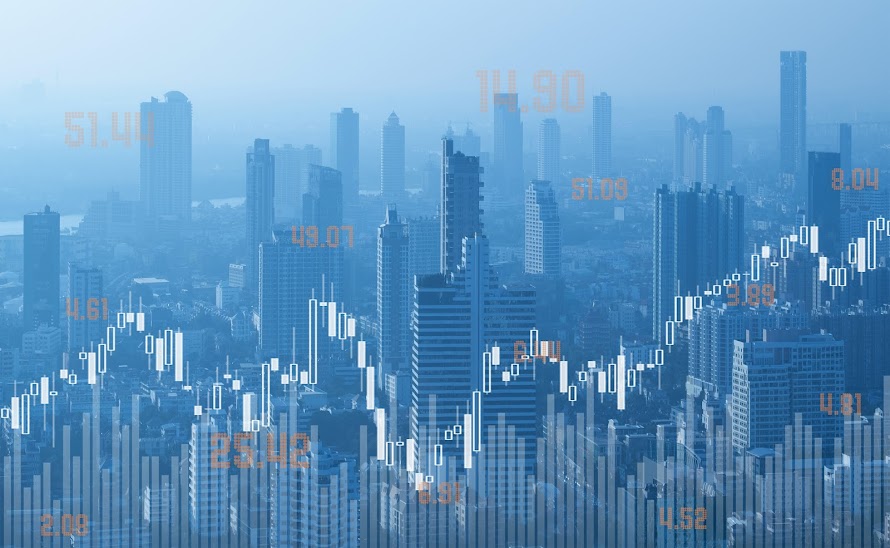Inflation Concerns Mount as Consumer Prices Continue to Rise
Introduction
In recent months, the global economy has been grappling with a mounting concern: rising inflation. As consumer prices continue to surge, economists and policymakers are closely monitoring the situation, wary of its potential impact on businesses, households, and the overall stability of the economy. In this blog post, we will delve into the factors contributing to this inflationary trend and discuss its implications for various stakeholders.
Understanding Inflation
Inflation refers to the general increase in prices of goods and services over time. It erodes the purchasing power of money and affects both consumers and businesses. Central banks around the world typically aim to maintain a moderate level of inflation to stimulate economic growth and avoid deflation, which can have detrimental effects on an economy.
Factors Driving Inflation
Supply Chain Disruptions: One significant factor behind the current inflationary pressures is the disruption in global supply chains caused by the COVID-19 pandemic. Lockdown measures and restrictions led to factory closures, reduced production capacity, and logistics challenges, leading to a shortage of certain goods and raw materials. This scarcity has driven up prices, particularly in sectors such as automotive, electronics, and construction.
Increased Demand: As economies recover from the pandemic-induced slowdown and restrictions are eased, consumer demand has surged. Pent-up demand, along with fiscal stimulus measures implemented by governments, has resulted in increased spending. This higher demand, coupled with supply constraints, has created a demand-supply imbalance, leading to price hikes.
Rising Energy Costs: Another key driver of inflation has been the soaring energy prices. The cost of oil and other commodities has surged due to various factors, including geopolitical tensions, production cuts, and increased global demand. As energy costs rise, they have a cascading effect on transportation, manufacturing, and other sectors, thereby contributing to the overall increase in consumer prices.
Implications of Rising Inflation
Reduced Purchasing Power: As prices rise, consumers experience a decline in their purchasing power. This means that their income may not stretch as far, leading to potential difficulties in meeting everyday expenses and impacting their quality of life.
Impact on Businesses: Rising input costs and inflationary pressures can significantly impact businesses, especially small and medium-sized enterprises (SMEs). These entities often struggle to pass on the increased costs to consumers and may face margin squeeze, reduced profitability, or even closure. Moreover, businesses may be forced to curtail investments and hiring, negatively impacting economic growth and job creation.
Central Bank Responses: Central banks play a crucial role in managing inflation. To curb inflationary pressures, they often resort to tightening monetary policy by raising interest rates. While this helps to rein in inflation, it can also slow down economic activity and increase borrowing costs for businesses and consumers.
Uncertain Investment Environment: Inflation can create uncertainty in financial markets and affect investor confidence. Higher inflation rates may lead to increased volatility in stocks, bonds, and other investment instruments, making it challenging for investors to make sound investment decisions.
Conclusion
As consumer prices continue to rise, concerns over inflation have taken center stage in the global economy. The factors driving this inflationary trend, including supply chain disruptions, increased demand, and rising energy costs, have significant implications for consumers, businesses, and the broader economic landscape. Policymakers and central banks face the challenging task of balancing the need to manage inflation without stifling economic growth. It is crucial to closely monitor these developments and adopt appropriate measures to mitigate the adverse effects of inflation on households, businesses, and the overall stability of the economy.

Comments
Post a Comment